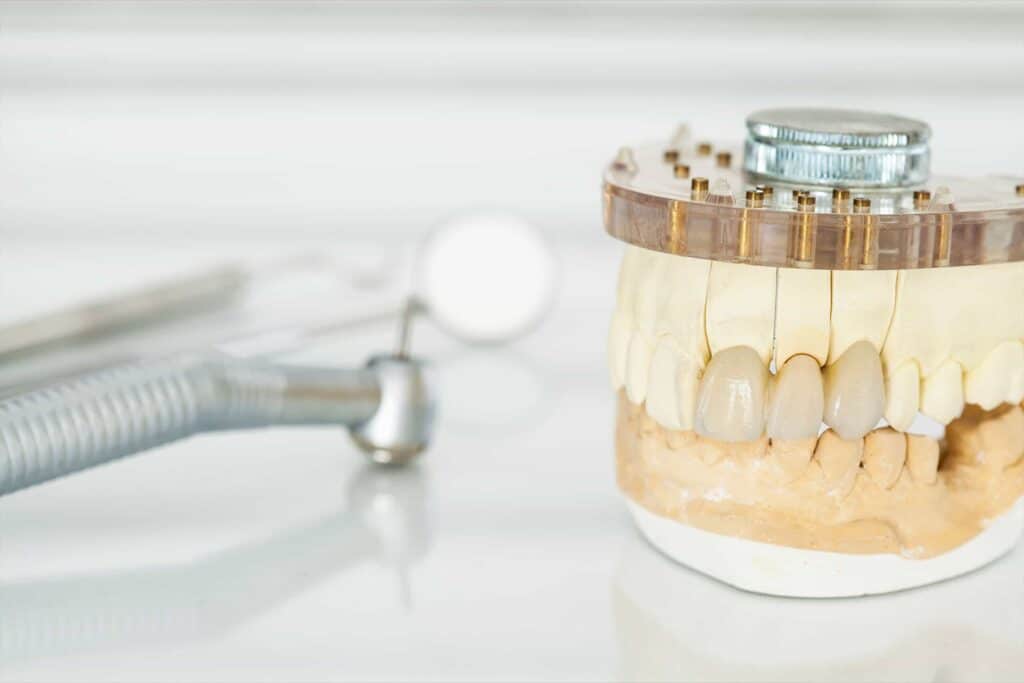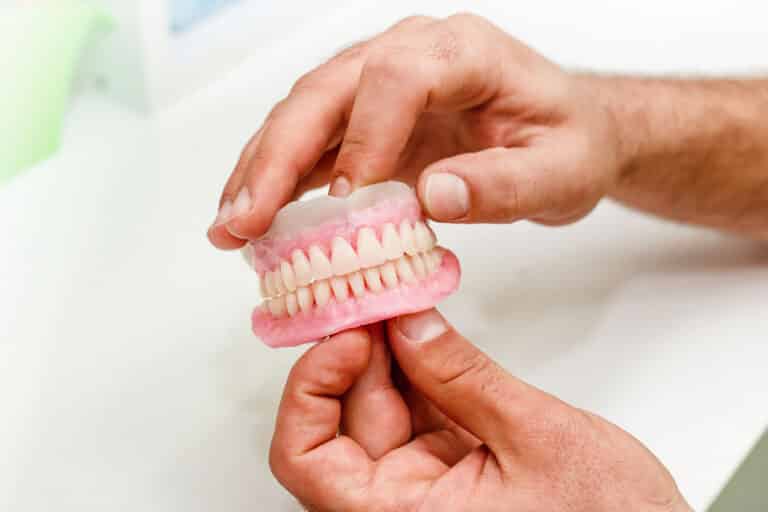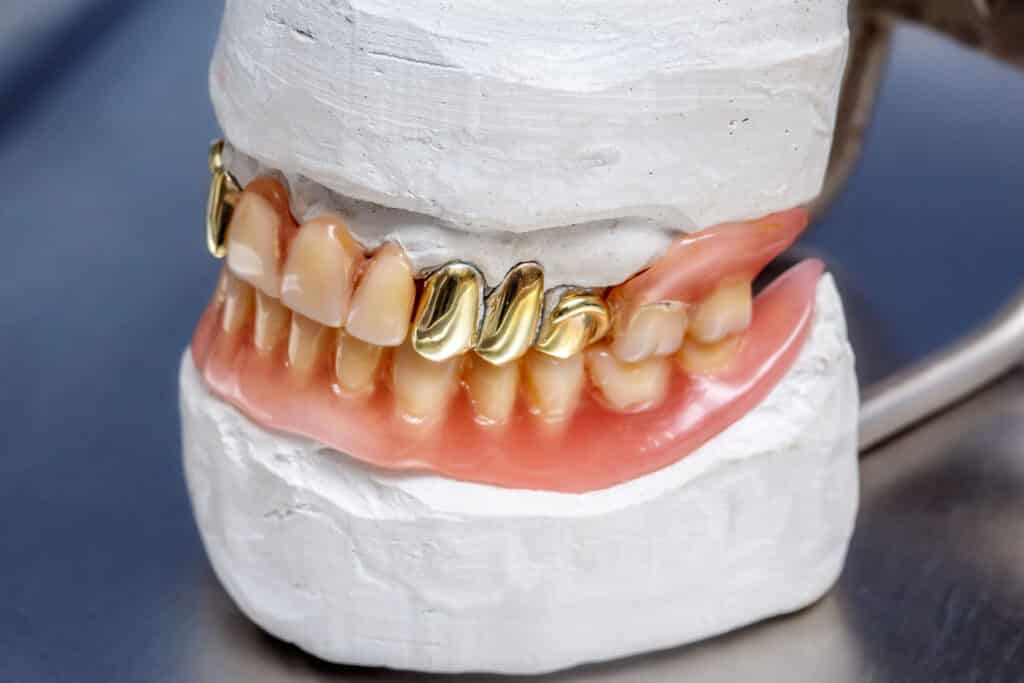Simply put, an underbite is a dental condition in which your lower teeth stick out farther than your top teeth when biting down normally. In a normal bite the upper teeth should be in front and slightly covering the bottom teeth.
Underbites typically result from a misalignment of the jaw or teeth themselves. A skeletal misalignment in the jaw is where the bottom jaw grows too much and is bigger than the upper jaw. If the jaws are appropriate sizes, you can get an underbite if the top teeth are tipped inwards toward the palate and the bottom teeth are tipped outward towards the lips.
While some underbites require surgery, others may resolve through the application of braces with or without removing teeth. Not all of them are the same and must have a professional diagnosis.
Overbites vs Underbites
When your upper teeth overlap your bottom teeth, instead of your lower teeth overlapping your top teeth, you’ve got an overbite. Keep in mind that overbites are considered normal and only need correction in extreme cases. Overbites and underbites come with their own challenges, but it’s common for patients to seek treatment for underbites more so than overbites due to complications over time. Extreme overbites and underbites can cause excessive teeth wear, long-term difficulties and in some cases, pain and discomfort.
What Problems do Underbites Cause?
Underbites can cause many known issues in people that have one. These potential problems can manifest over a long period of time, sometimes years to decades. These issues include:
- Excessive wear on the teeth
- Collapse of the bite, also known as decreased vertical dimension of occlusion (VDO)
- Trouble chewing and eating
- Some difficulty speaking clearly
- Strain on the teeth, muscles, and temporomandibular joint (TMJ) potentially causing chronic pain
- In some cases, low self-esteem may result
Do Underbites Cause TMD?
When left uncorrected, underbites are a common cause of TMD or temporomandibular disorder. Also known as TMJ dysfunction, or incorrectly simplified as TMJ, the dysfunction can create chronic or acute pain when opening or closing. It can also feel as though your jaw feels locked into place. TMD can also be accompanied by popping, clicking, crepitus, trouble chewing, and considerable jaw pain.
Because they can contribute to TMD and the subsequent pain and discomfort, it can often be the final straw that encourages a patient to seek help.
Can I Fix an Underbite Naturally?
Underbites do not reverse on their own, however if caught early during development, they may be able to be corrected. This is the goal of early interceptive orthodontics: to correct jaw discrepancies during growth to make braces easier when they get older. This can even correct airway issues. This does require professional treatment to ensure the growth is done appropriately.
The treatment options for underbites include:
- Appliances to direct the growth of the jaw. Depending on the appliance, the goal is to either restrict or encourage growth of either the upper or lower jaws.
- Orthodontics (braces). Depending on the severity of crowding and position of the teeth, this may or may not require extractions.
- Jaw surgery to reposition either jaw forwards or back.
Appliances used to guide growth are more common in children, while adults usually face more invasive methods of correcting an underbite. This is due to the fact that children’s jaws are still growing and malleable while the skeleton of adults is not.
Do Underbites Require Surgery
Every situation and patient is different. If your underbite directly results from misaligned teeth, your dentist can treat you using standard orthodontic methods, such as tooth extraction or braces. On the other hand, if a jaw malformation is a culprit, surgery might be on the table to fix the root problem, which is your jaw.
Not all underbites require surgery, however there are those whose jaw discrepancy has no other options. While the surgery is invasive, it can absolutely be life changing for those who have it.
Does Invisalign Fix Underbites?
In some cases, Invisalign clear braces can fix underbites. However, very severe underbites may require a combination of aligners and surgery, and you’ll have to speak directly with your dental professional to determine this. If you suspect you have an underbite, it is best to avoid using direct to consumer clear aligners. Not all orthodontic programs are equal and some do not take into consideration the teeth and jaws as a whole which can result in additional problems in the future.
Fixing an Underbite
There are many options to fix an underbite, and patients need to realize that it’s not something they have to live with. Underbites can be painful and disrupt many aspects of daily life. Speaking with your dentist is the first step in rectifying your underbite and getting the quality care and potentially life-changing care you deserve.





